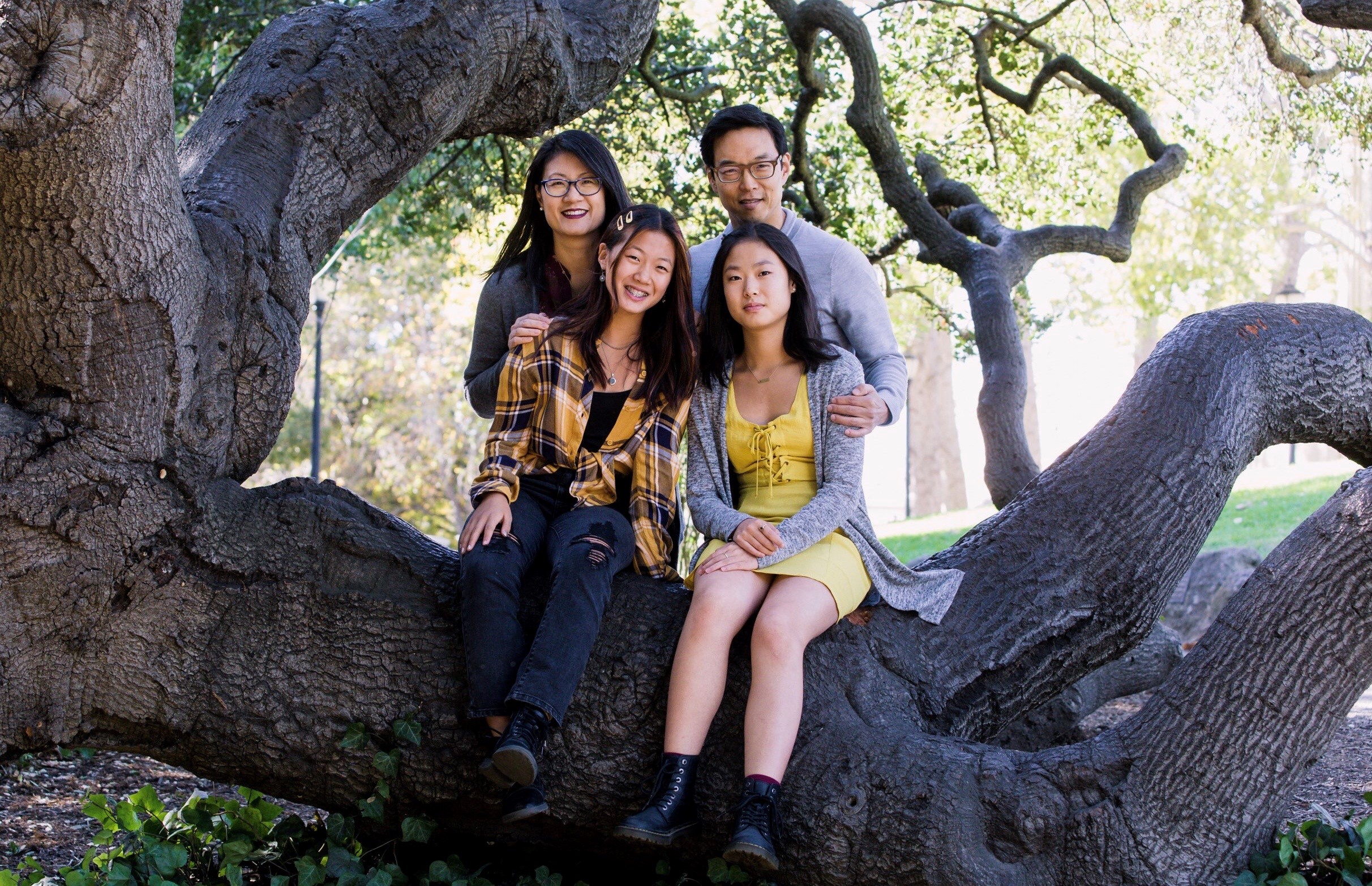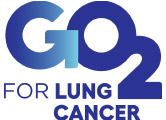Meet your fellow Summer Jam Participants
Give the Gift of Hope
My name is Vicky. I have a husband and two girls, ages 13 and 15. I’m a lawyer by training and I help run a national nonprofit organization. At age 48, in March 2019, I was diagnosed with nonsmoker lung cancer. Stage IV.
Like most people, I had never heard of lung cancer in nonsmokers. At the time of diagnosis, I was juggling a full time job and the demands of motherhood. I felt none of the typical symptoms—not even a cough. What drove me to seek medical attention, and what ultimately led to a diagnosis about two months later, was a persistent ache in my right shoulder blade. It seemed to get worse when I used my right arm, and it was interfering with my daily activities. I thought it was some sort of repetitive stress injury and was treating it with ibuprofen. Turns out it was pain manifesting in my shoulder from an inflamed diaphragm, irritated by what was happening in my right lung.
Lung cancer is the most deadly cancer in the world, in part because it’s usually not detected in its early stages when it can be cured. According to the American Cancer Society, more people die of lung cancer each year than of colon, breast, and prostate cancers combined. This year, it will claim the lives of more women in the U.S. than breast, ovarian, and cervical cancer combined. Incidence of the disease among nonsmokers and women is on the rise, and no one knows exactly why. Also, there’s no standard screening test for people who have never smoked. The cancer is often misdiagnosed in nonsmokers as pneumonia or tuberculosis.
My condition is stable for now, and we’re able to carry on with our normal family routines. In part, this is because I happen to be among the 4% of patients with this kind of cancer that have a specific gene rearrangement called ALK. This gene abnormality is what’s driving the cancer, or causing it to grow. So I’m being treated with a cutting-edge drug that targets the ALK rearrangement and only affects cancerous cells. The ALK rearrangement was only discovered in 2007. The drug I’m taking was only approved in 2015 in the U.S. for limited use, and then received full approval in 2017. Most ALK patients respond very well to the drug, which slows the progression of the disease. The treatment is temporary, however, because the cancer eventually mutates and becomes drug resistant.
Just ten years ago, the chances of surviving even five years with my condition were vanishingly small. The odds are improving for us, thanks to recent scientific breakthroughs that have led to life-prolonging treatments like the drug that’s helping me. Each year, more and more targeted therapies are being developed, and advances in our understanding of immunotherapy and gene therapy show great promise. There’s even talk of a cure.
There’s Hope.
But we need more research. And we need it fast. It’s estimated that while lung cancer causes 32% of all cancer deaths, it only receives about 10% of cancer research funding. That’s why it’s so important that available funding be used in the smartest, most impactful way—and that more funding be put to that same use.
Many people have asked, since learning of my diagnosis, what they can do to help. I am fortunate to have a strong support system, access to medical insurance and doctors I trust. But despite all of that, the one thing that could make the biggest impact is also the one thing that no one person alone can provide: more research and, ultimately, a cure. That’s why I’m helping to raise funds in support of GO2 Foundation and its dedication to saving, extending, and improving the lives of those vulnerable, at risk, and diagnosed with lung cancer.
Your gift in support of GO2’s efforts would be deeply appreciated and meaningful. The research your donations make possible will spread Hope to the more than half a million patients living with lung cancer in this country.
Thank you.
Vicky Ni

Visit Vicky''s Fundraising Page

